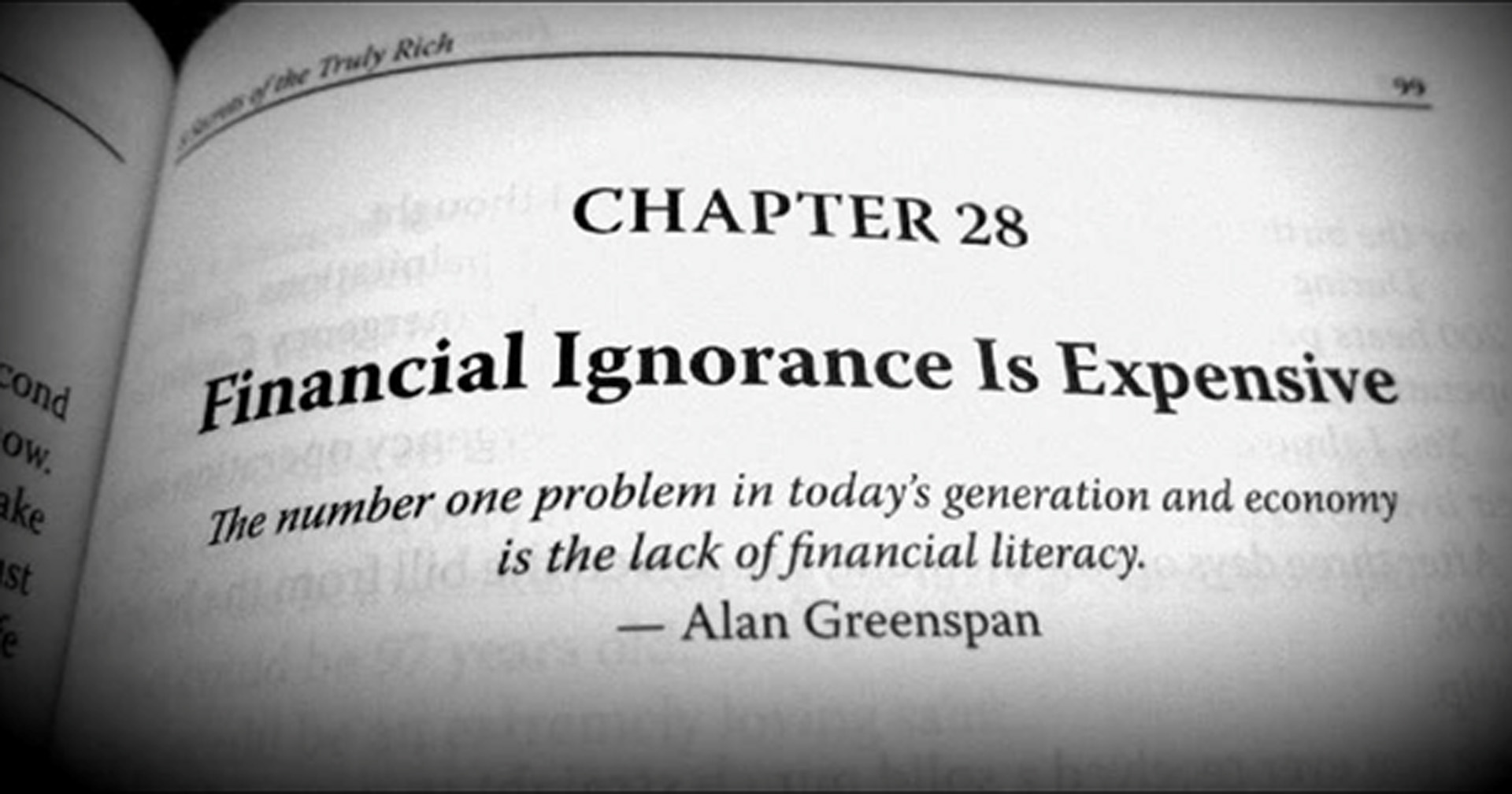
Whether you’re an employee or a business owner, your financial status was probably affected by the economic difficulties the country has been facing amid the coronavirus pandemic.
It seems only practical that a lot of people are now searching for new business ventures to diversify or find new sources of income. At the same time, however, there may also be people who are using this as an opportunity to conduct illegal activity.
Over the last 20 years, Filipinos have lost a whopping 90 billion pesos to various investment scams.
Just 5 years ago, for instance, Emgoldex made headlines when it was busted for tricking people into a pyramid scheme. The criminal firm had people buy gold bars that promised returns of up to ten times their initial investment. But there was a catch: investors had to recruit two other people to get their returns.
More of these scams have been popping up lately, and there’s plenty of reason for you to be extra vigilant. In fact, since April, the Securities and Exchange Commission (SEC) has been identifying dozens of organizations that have been soliciting investments without the proper paperwork. The agency’s findings warn the public that now is a time to be wary of the people and entities they’re doing business with.
The problem is that it’s becoming much harder to distinguish the legitimate investment options from the scams. Criminal parties are getting a lot better at making themselves look like the real deal, employing different tricks and tactics to lure you into their money-grabbing traps.
So, if you’re planning to invest, I’ve round-up a few tips to help you keep your hard-earned money from getting into the wrong hands.
No such thing as “easy money”
When it comes to investments, if it’s too good to be true, it probably is. There’s no such thing as a sure-fire, risk-free investment. Investing, after all, is about managing risks to yield the highest possible returns. And there are a number of factors that create these risks, such as sudden changes in the market, for example. Generally-speaking, the greater the risk, the greater the reward.
It can also take some time before you start making your investment back. If you’re being pitched a scheme that promises you a significant percentage of your money back in such a short span of time, don’t even think twice and drop it immediately.
In short, there are no real get-rich-quick investment plans. All investments involve a considerable amount of risk and time to be worthwhile. Anyone that says otherwise is likely fooling you. Don’t let the allure of “easy money” cloud your instincts in choosing the right investments.
Be skeptical of sales pitches
Most fraudsters can sound convincing and professional when they’re delivering their rehearsed spiels to you. But don’t let your guard down and be skeptical of the things they say.
Some might talk about the number of people that have already “invested” in them in deceiving you to think that they’re legitimate. Others might mention a list of professional investors and organizations that they may or may not be in contact with to try and convince you.
Again, don’t fall into the trap. Ask about projections for gains and losses, cashing out, and other questions that have to do with the investment itself. Let them talk you through all the details. Because if they can’t explain or answer your questions clearly, that’s reason for doubt.
Also, beware of people rushing to take your money or pressuring you to pay within a certain time. Credible investment brokers will give you all the time you need to consider your decisions and do your research. And there are no limited time offers on investments. These aren’t retail store items that go on seasonal sales.
In line with this, don’t ever disclose with anyone you don’t know your personal and contact information, which can be used for identity theft and other fraudulent schemes. Moreso, don’t ever give out your credit card or ATM details. As much as possible, complete transactions on your own, and don’t ever let anyone else do it for you.
Do your own research
More than anything else, do your own research. If someone calls you about an investment, inquire about the company that he or she is working for. Then, verify its credentials. Does the company have an office? Does it have a website? Are the contact details complete?
If all this information is not available and accessible, take caution. It’s easy for a person to just take your money and run, if you have no way of finding or contacting them again.
You can ask the SEC to check if the person or company you’re dealing with is legitimate. The agency has records of all the entities that are registered to sell investment products. You can email your queries and concerns to the Enforcement and Investor Protection Department of the SEC via epd@sec.gov.ph. They can similarly be reached through mobile at (+63) 951-656-5571 or (+63) 961-519-7829. You might also want to try the i-message service of the agency’s website at sec.gov.ph.
It might also help to consult with licensed professionals. People such as myself, for example, are equipped with the knowledge to spot red flags that you might overlook. What’s more is that we have the certifications to sell and offer you the right investments and get your financial portfolio set-up.
Last but definitely not the least, avoid getting into something you do not fully understand. That’s a general rule you can follow not just for investments but everything that has to do with your money.

linkiNG you to opportunities,

READ MORE:
- How You Can Secure Your Family’s Future From Life’s Uncertainties
- Workplace Stress: The Struggles of Working During A Pandemic
- An Employee’s Guide To Setting Up A Financially Secure Future
- Providing Healthcare Programs For Your Employees Amid The COVID-19 Pandemic
- A la Carte Options – Working with small businesses to offer group health insurance


